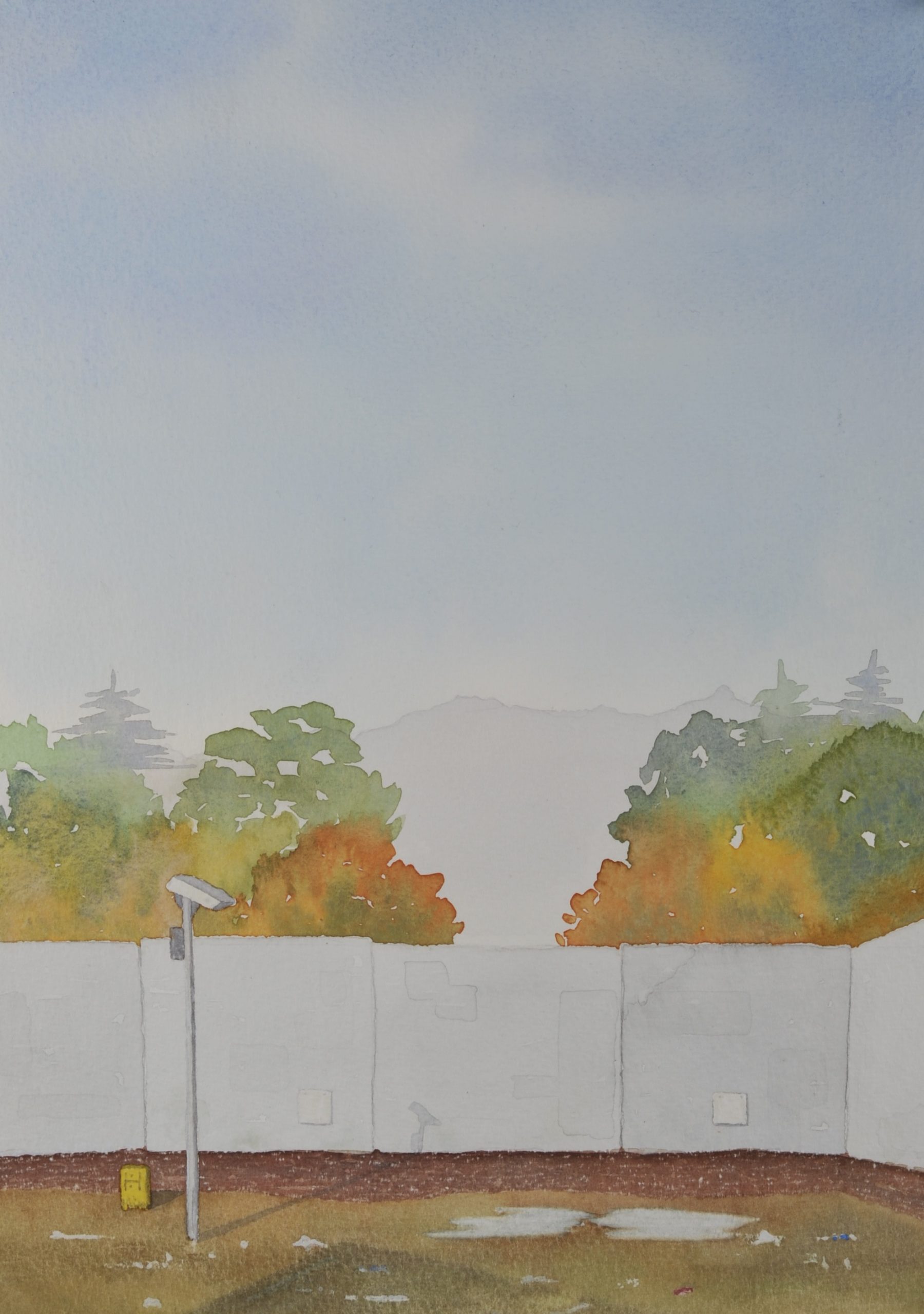Rape and sex offence prosecutions at record high, says CPS
A record number of people were prosecuted for sexual offences last year but total prosecutions for domestic abuse were falling, according to the latest figures published by the Crown Prosecution Service (CPS).
The 10th annual Violence Against Women and Girls report outlined the increase over the last year in prosecutions and convictions for rape (11.8% and 11.2% respectively) and other sexual offences (12.5% and 14.7%). The report also showed that offences including rape, harassment and forced marriage accounted for a fifth of the CPS’s caseload in 2016/2017; a figure which has more than doubled from 7% a decade ago.
The director of public prosecutions, Alison Saunders, said special measures in the courtroom such as allowing victims to give evidence from behind a screen or via videolink, as well as providing independent advisers to support witnesses, had made victims more willing to come forward.
However, campaigners expressed concern at the fall in the number of cases of domestic abuse which reached the courtroom, that figure dropped from 100,930 cases in 2015/16 to 93,590 in 2016/17.
Refuge, which supports survivors of domestic abuse, was‘deeply concerned’ about the trend. ‘We know that police forces are still inundated with calls – receiving around a million reports of domestic violence a year,’ commented the charity’s chief executive, Sandra Horley. ‘But only around 450,000 of these reports were logged as crimes last year, and only one in four of those led to prosecutions.’
‘It is a sad fact that too many women who seek help are still let down by the police response, and Refuge regularly hears reports of haphazard investigations in which perpetrators are not arrested and evidence is not captured.’
Katie Ghose, chief executive of Women’s Aid, said that coercive control was ‘at the heart of domestic abuse and yet, since the criminalisation of coercive and controlling behaviour, only 309 offences have been charged and reached a first hearing’. ‘As a matter of urgency, there needs to be further training on identifying coercive control and effectively implementing the law throughout the criminal justice system,’ Ghose said.
The CPS accounted for the fall in the number of prosecutions in domestic abuses cases by stating that the police were referring fewer cases of this kind to them. Saunders claimed that the CPS has made ‘significant strides’ in the area during the last 10 years.
Meanwhile, Alison Saunders was asked on BBC Radio 4’s Today programme whether the ‘scales have been tipped a little too far’ in favour of victims of sexual assault cases. John Humphrys pointed to ‘anecdotal’ evidence of the increase in false allegations and pointed to the recently published Operation Conifer arguing his ‘reputation was besmirched’ by historic child sex abuse allegations.
The DPP said that the that CPS had analysed more than 5,500 cases and found ‘only a very, very small minority’ where we they identified a false or malicious allegation. ‘Just because there has been an acquittal does not mean to say there has been a false allegation,’ Saunders said. ‘It means the defendant has been found innocent but that does not necessarily make it a false allegation.’
John Humphrys argued that the ‘problem’ with sexual assault cases is that the accused was named publicly while alleged victims had anonymity. There were calls fopr the presenter’s resignation (here).
Saunders continued: ‘I think there is more reporting of false allegations but I think we have to be careful not to see acquittal as a failure when it is not. It is actually our system working. These are really difficult offences to prosecute and for a jury, they have to be sure beyond all reasonable doubt and I think it is right to have a high threshold.’






